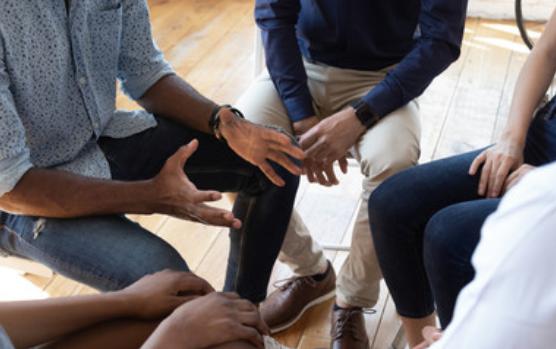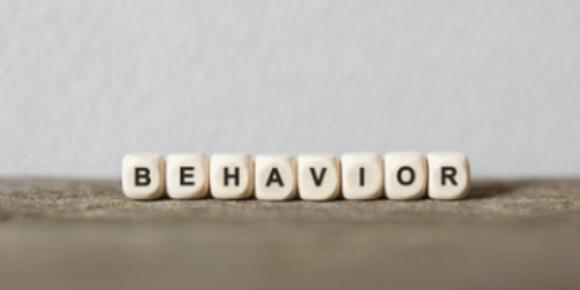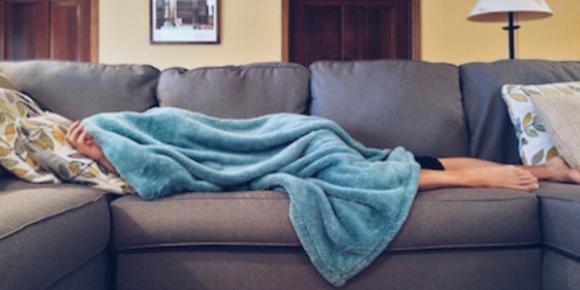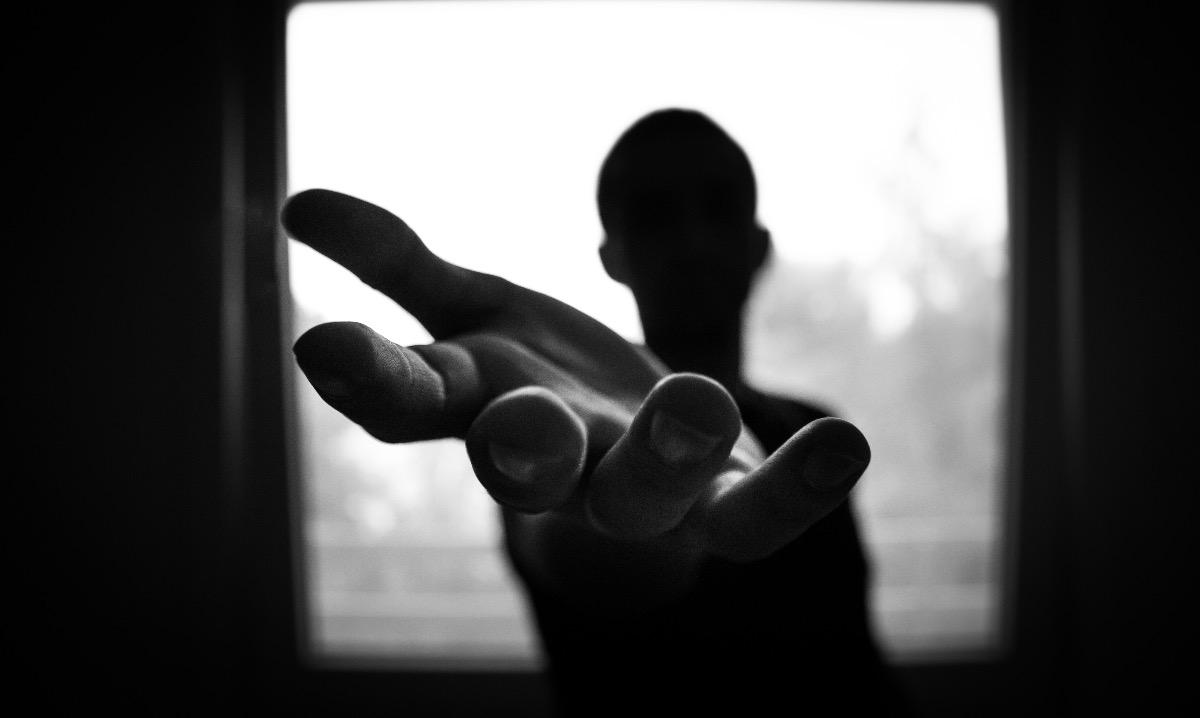
-
How to deal with grief over the holidays
posted: Dec. 20, 2019.

-
How to prepare for the DBT experience
posted: Dec. 09, 2019.

-
What is mindfulness and how does it help with DBT?
posted: Nov. 27, 2019.

-
Kids and generalized anxiety disorder
posted: Nov. 21, 2019.

-
The emotional symptoms of anxiety
posted: Nov. 14, 2019.

-
5 tips for impulse control issues
posted: Oct. 29, 2019.

-
Destroy your anxiety by building up your confidence
posted: Oct. 23, 2019.

-
Behavioral symptoms of anxiety
posted: Oct. 09, 2019.

-
What is social anxiety?
posted: Oct. 06, 2019.

-
The physical symptoms of anxiety
posted: Oct. 03, 2019.

-
Alliance ABA Therapy hosting job fair for Child Development Therapists
posted: Oct. 03, 2019.

-
My anxious child is away at college: how can I help from here?
posted: Sep. 26, 2019.

-
Illness-related symptoms of anxiety
posted: Sep. 24, 2019.

-
Unspecified impulse control disorders
posted: Sep. 20, 2019.

-
Public speaking anxiety: How to avoid panic attacks in front of crowds
posted: Sep. 19, 2019.

-
5 Common Fears About Going to Therapy
posted: Sep. 18, 2019.
